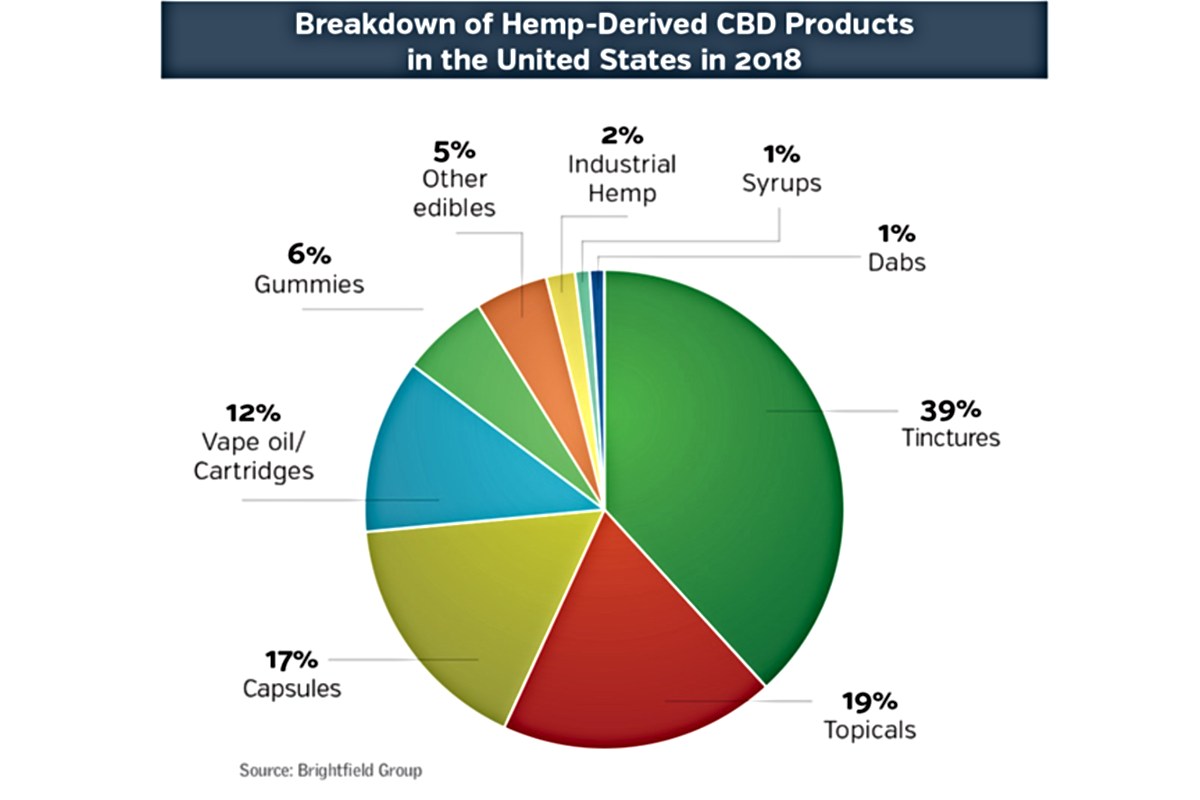(This is an abridged version of a story that appears in the September issue of Marijuana Business Magazine.)
Dr. Priyanka Sharma had a thriving global business in chemical pharmaceuticals, traveling the world setting up factories extracting fish oil for nutritional supplements.
But Sharma and her husband, Pulak, left their home outside Chicago and moved to Colorado for the same three letters that have cannabis entrepreneurs, pharmaceutical companies and even mainstream grocers seeing dollar signs: CBD.
If it seems as if you’re seeing CBD everywhere these days, you are. CBD products are in grocery stores, convenience stores and chiropractic offices.
The letters are splashed across storefronts even in the most cannabis-averse jurisdictions – places like Kansas and South Carolina.
CBD is also grabbing headlines and attracting more interest because of its recognized benefits and a changing perception from government entities.:
- In a landmark decision, the U.S. Food and Drug Administration in June approved a naturally derived CBD drug to treat two kinds of epilepsy.
- Unlike THC, cannabis’ most famous cannabinoid, CBD doesn’t intoxicate users but offers a tantalizing array of health benefits.
- It’s a proven anti-inflammatory agent and can bind to the body’s cannabinoid receptors to induce feelings of calm and relieve pain.
- CBD offers much less regulatory and tax baggage than THC-laden marijuana – particularly if it’s derived from hemp, like the Sharmas’ CBD.
- Products containing CBD can be sold across state lines, for example, and are available in non-marijuana markets. And, in the case of hemp, growers are free of seed-to-sale tracking requirements and the onerous 280E section of the federal tax code.
Throw in growing consumer interest in all things CBD, and it’s no surprise the market is taking off.
“It’s kind of a movement,” Sharma said of the CBD market. “It’s like everybody wants to use CBD – from elderly people who have arthritis to young people who want to vape and want a recreational way to relax. It’s transcending all age groups.”
But navigating the CBD market has its own complexities, particularly if you’re coming from the marijuana industry. For example:
- Selling CBD products requires a different approach than marijuana retailing.
- Federal laws governing CBD are confusing, and the legal landscape is changing rapidly.
- A boom in CBD products has fanned worries that the market may be overheating.
(Click here to learn more about cashing in on the CBD boom.)
This story appeared as an introduction to a series on the CBD market. Watch for additional stories on marketing CBD to seniors, business opportunities in athletes using CBD, plus a look at the surge in CBD-only retailing.)


